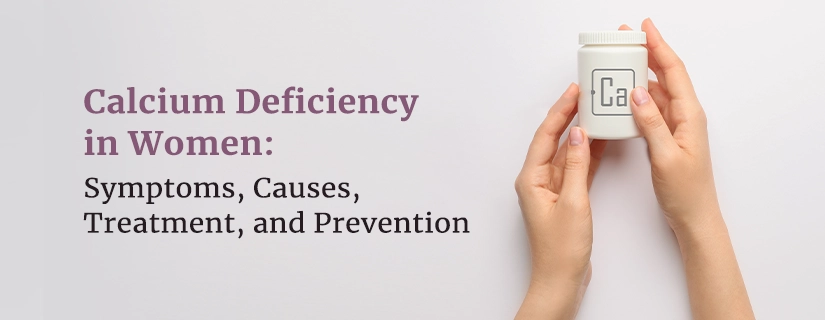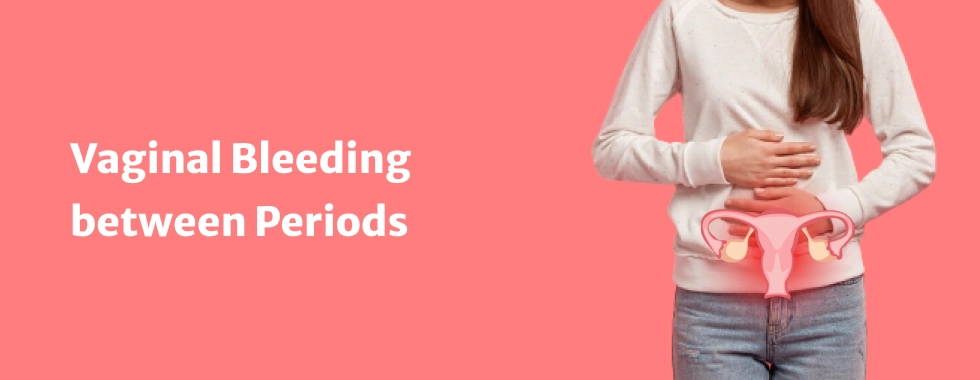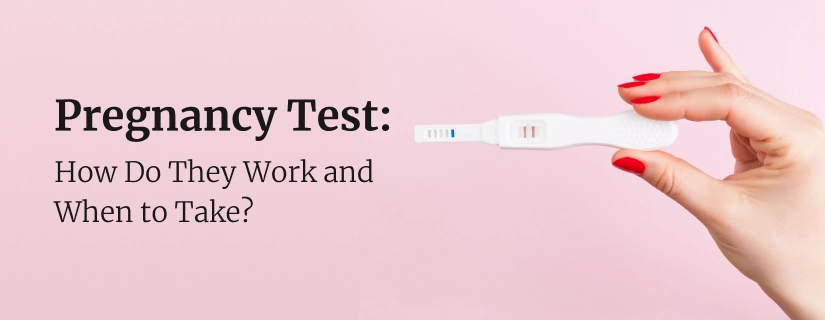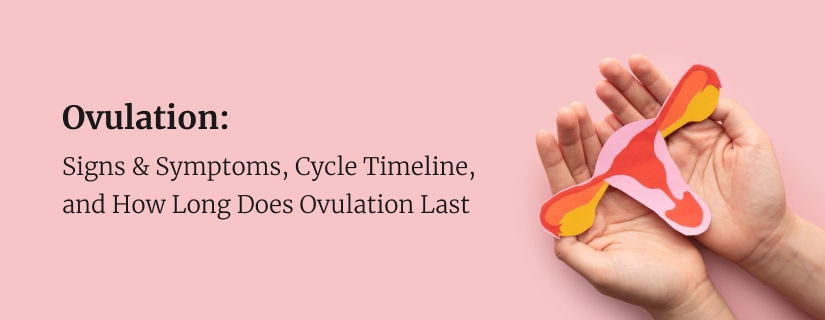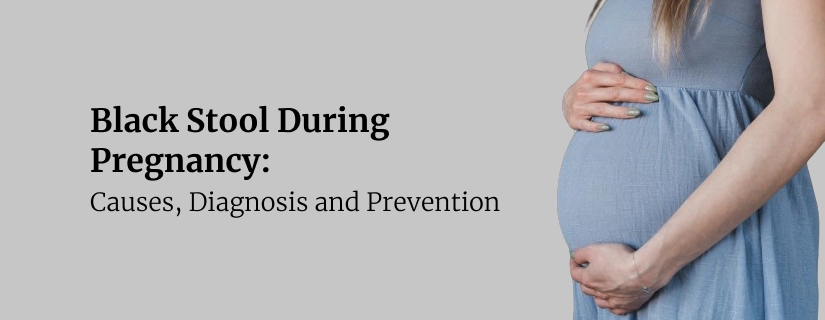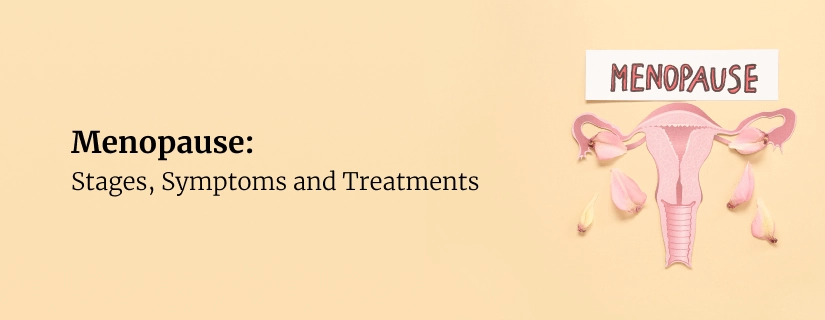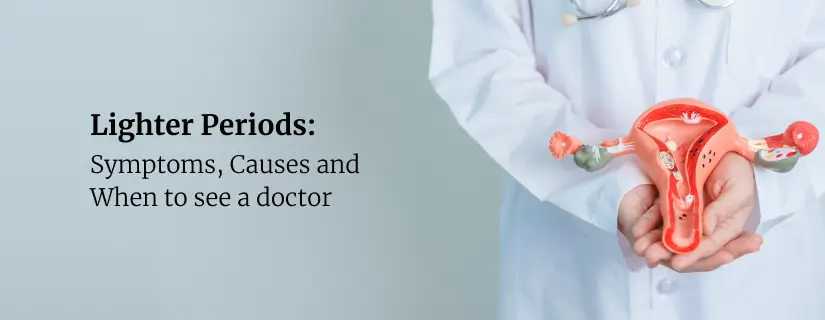-
Doctors
-
Specialities & Treatments
Centre of Excellence
Specialties
Treatments and Procedures
Hospitals & Directions HyderabadCARE Hospitals, Banjara Hills CARE Outpatient Centre, Banjara Hills CARE Hospitals, HITEC City CARE Hospitals, Nampally Gurunanak CARE Hospitals, Musheerabad CARE Hospitals Outpatient Centre, HITEC City CARE Hospitals, Malakpet
HyderabadCARE Hospitals, Banjara Hills CARE Outpatient Centre, Banjara Hills CARE Hospitals, HITEC City CARE Hospitals, Nampally Gurunanak CARE Hospitals, Musheerabad CARE Hospitals Outpatient Centre, HITEC City CARE Hospitals, Malakpet Raipur
Raipur
 Bhubaneswar
Bhubaneswar Visakhapatnam
Visakhapatnam
 Nagpur
Nagpur
 Indore
Indore
 Chh. Sambhajinagar
Chh. SambhajinagarClinics & Medical Centers
Book an AppointmentContact Us
Online Lab Reports
Book an Appointment
Consult Super-Specialist Doctors at CARE Hospitals
Why Is My Period Blood Brown?
Updated on 4 January 2024

Our bodies are like a puzzle, and periods are just one piece of the whole picture. These monthly visitors sometimes come in different shades, and brown is one of them. It is something most of us experience but only sometimes talk about. You might be wondering what the deal is with that color, and guess what? You're not alone in having this question. Let's try to understand the reason for bleeding brown during periods.
What Do the Different Blood Colors During Periods Mean?
The color of period blood can vary throughout your menstrual cycle, offering subtle clues about your reproductive health. These variations are normal, and color changes alone may not always indicate a problem. Bright red blood is usually normal at the start of your period, while pink or light-colored blood may show lighter flow. Brown blood is often seen at the beginning or end of your period and is generally considered normal. Dark brown or black blood is also common towards the end of your cycle. Orange or grey hues may signal infection, requiring prompt medical attention. However, if any color is persistent, accompanied by a strong odor, or associated with unusual pain, it's advisable to consult a doctor.
How Does Timing Affect the Color of Period Blood?
The timing of your menstrual cycle can influence the color of your period blood. Blood is often bright red at the onset of your period, signifying a fresh flow. As your cycle progresses, you may notice a shift to darker hues like brown or even black. Toward the end of your period, you might observe lighter or watery pink shades as the flow tapers off. The interplay of these colors throughout your cycle is a natural and individualized process, reflecting the ebb and flow of your body's hormonal system.

What Causes Brown Period Blood?
Brown blood during menstruation is often a result of the blood taking a bit more time to exit the body. The blood released at the beginning of your period tends to be bright red, but it can take on a darker hue as the days go by. Brown blood during periods usually indicates that it's older blood that has had time to oxidize and change color. Sometimes, inconsistent menstrual flow can cause the blood to take longer to leave your body. The longer it takes, the more likely it is to turn brown. Also, if the flow is slow, it allows the blood to mix with other fluids in the vagina, giving it a brownish tint.
Is Brown Color Blood During Periods Normal?
Brown color bleeding during periods is usually normal, and nothing to fret about. This color often shows during perimenopause, when your menstrual flow slows down; in early pregnancy (brown implantation bleeding), where light brown bleeding in the first 12 weeks is pretty common. After giving birth, the bleeding, known as lochia, can be brown or pinkish, and specific birth control methods or emergency contraceptives can also slow your flow and give it a brownish hue. While these scenarios usually indicate everything is normal, it's always wise to consult your doctor if you ever feel uncertain or notice any significant changes in your period routine.
When Is Brown Discharge During a Period Not Normal?
Watching for certain situations where brown discharge during menstruation might signal something abnormal is essential.
If you're pregnant and experiencing cramps and pain along with brownish bleeding, the reason for brown period blood could be a sign of a miscarriage or ectopic pregnancy.
- For those with PCOS, which is a common hormonal condition, you might notice irregular and light periods that show up as brown blood.
- Uterine fibroids and polyps, which are growths in and on the uterus, can also cause thick brown discharge during the period.
- If you have an infection in your vagina or cervix, like an STI, yeast infection, bacterial vaginosis, or PID (Pelvic Inflammatory Disease), it might lead to light brown bleeding.
When to Consult a Doctor?
Experiencing periods that go beyond seven days, having intervals between periods less than 21 days or exceeding 35 days, not having a period for over three to six months, bleeding after menopause, and bleeding between periods or after sex are all signs that may warrant attention. Additionally, spotting (of any color) at any time during the month, pain in the vagina or lower abdomen, fever indicating a potential infection, fatigue, and unusually heavy bleeding beyond your typical flow should also be discussed with your doctor.
Conclusion
Color changes throughout the menstrual cycle, from bright red to brown or black, reflect natural processes. Monitoring period patterns and addressing deviations ensures holistic well-being. Brown blood, often a result of the blood's gradual exit, is typically normal, but any signs of prolonged bleeding, irregularities, or discomfort may need immediate discussion with your doctor.
ENQUIRY FORM
SELECT CATEGORIES
-
Neurosciences (16)
-
Neurology (37)
-
Neurosurgery (14)
-
Orthopaedics (48)
-
Oncology (33)
-
Obstetrics and gynecology (52)
-
Pulmonology (23)
-
Urology (20)
-
Nephrology (13)
-
Psychiatry (7)
-
Dietetics and Nutrition (111)
-
General Medicine (63)
-
Cardiac Sciences (32)
-
Vascular & Endovascular Surgery and Interventional Radiology (15)
-
Gastroenterology (46)
-
Endocrinology (23)
-
Plastic Surgery (10)
-
Critical Care Medicine (5)
-
COVID-19 (16)
-
Dermatology (16)
-
Emergency Care (1)
-
Ophthalmology (4)
-
Pediatrics (14)
-
Laparoscopic and Bariatric Surgery (8)
-
ENT (15)
-
Kidney Transplant (1)
-
Liver Transplantation and Hepatobiliary Surgery (5)
-
General Surgery (3)
-
Internal Medicine (5)
-
Medicine Information
Implantation Bleeding: When Does it Occur, Symptoms and Treatment
Abdominal Pain During Pregnancy: Causes and Home Remedies
YOU MAY ALSO LIKE
RECENT BLOGS
-

Preterm Birth (Premature Birth): Symptoms, Causes, Treatment and Prevention
13 May 2025
Read More
-

Rotablation Angioplasty: Benefits, Treatments, And Recovery Time
9 May 2025
Read More
-

What Is The Difference Between IUI and IVF?
9 May 2025
Read More
-

Venous Malformations: Causes, Symptoms, and Treatment
30 April 2025
Read More
-

Varicose Vein Foam Sclerotherapy: Treatment, Benefits, and Procedure
30 April 2025
Read More
-

Radiofrequency (RF) Ablation Treatment for Varicose Veins: Know More
30 April 2025
Read More
-

Varicose Vein Sclerotherapy: Treatment, Benefits, and Procedure
30 April 2025
Read More
-

Varicose Vein Endovenous Laser Ablation: Procedure, Benefits, Risks
30 April 2025
Read More
Have a Question?
If you cannot find answers to your queries, please fill out the enquiry form or call the number below. We will contact you shortly.




















